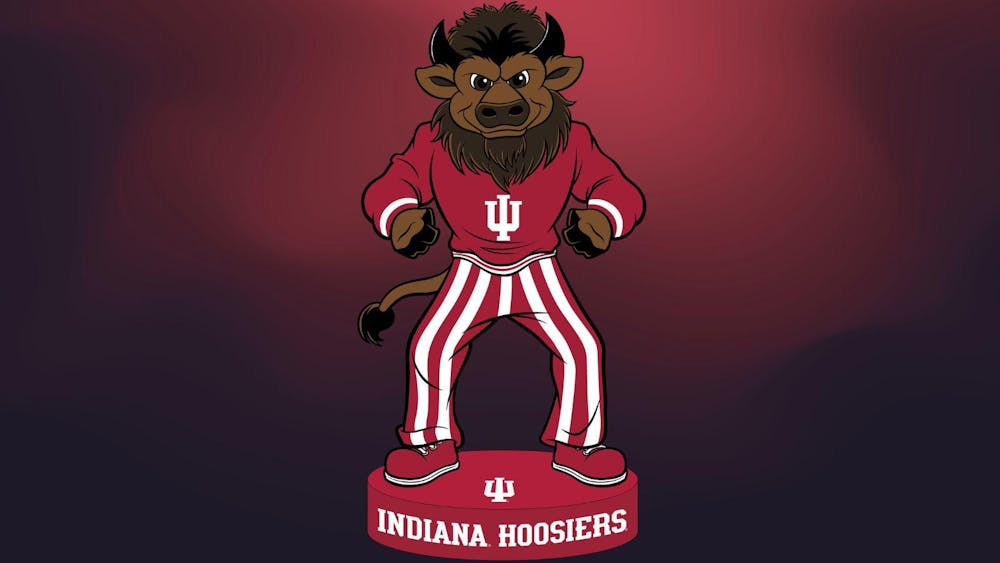Fairfield this week offered a $100,000 cash bounty to the person or business that brings new employment opportunities to the Wayne County seat of 5,400, about 30 miles from the Indiana border.\nIn addition, Fairfield is offering $1 million in grants to businesses relocating to the city to help offset the cost of new construction and equipment.\n"We can't just sit here and wait for industrial growth and expansion to come to us," Mayor Mickey Borah said. "Fairfield needs to be aggressive and seek out new opportunities for growth."\nCurrently, with 850 workers, Airtex Products Inc., a manufacturer of fuel and water pumps, is the town's largest employer. All the other local industries combined employ a fraction of that number.\nCity leaders hope to add distribution or back-office facilities to the mix of employers, though they'd welcome another manufacturing company.\n"We need to diversify," economic development director Susan Murphy said. "Not everybody is fit to work in a factory."\nAlthough it's worth a try, there's no guarantee offering cash will be enough to turn the tide, experts said.\nExecutives looking to relocate businesses consider geographic and demographic factors such as transportation and workforce characteristics long before they consider community incentives, said Kimberly Nelson, assistant professor of public administration at Northern Illinois University, who has studied economic growth plans in a number of southern Illinois communities.\n"An incentive package generally makes very little difference to a company, and is often the last item on its list," Nelson said.\nEven so, she said, "it would sound as if Fairfield is doing it the right way, with a lot of specifics, but they still need to be careful."\nNelson said Fairfield might consider a provision requiring new employers to do business in the community for a specific length of time or pay back the incentives, to protect against predatory businesses that might move in and then leave within a year or two.\nJohn Hammond, director of the master's program in public administration at Southern Illinois University-Carbondale, said communities that are overly eager to attract new businesses often harm themselves by sacrificing too much of their property tax base.\n"These things tend to fuel all sorts of bidding wars, and communities wind up being lucky to break even," Hammond said.\nBut Murphy said Fairfield leaders have been considering the bounty program for several years. The city had a similar program 15 years ago that wasn't successful because of the paltry amount offered -- $5,000 -- and the lack of follow-through, she said.\nSo just over a year ago, officials hired a consultant who suggested they do it again on a nationwide basis, and do it right. That meant developing new marketing material and redesigning the town's Web site.\nThe effort comes as state officials recognize a need to invest in job training in the region. Gov. Rod Blagojevich in September provided $240,000 in funding to address a shortage in skilled manufacturing workers expected to develop in southern Illinois in the next five years.\nFairfield's Bounty for Jobs Program has a tiered award schedule based on the size of the new investment. An investment of $1 million to $3 million that brings 50 to 100 new full-time jobs and a payroll of $1.4 million will result in a $25,000 payment. An investment of over $10 million that brings 200 or more jobs and a payroll of more than $5.6 million will result in a $100,000 payment.\n"It took better than a year to get the confidence that we had it right in order to do it," Murphy said.\nShe also said the town has more to offer than just money.\nLocated just north of Interstate 64, Fairfield has municipally owned electric, natural gas and water utilities, and industrial sites ranging from five to 150 acres, as well as a growing junior college, an excellent school system and a hospital.\nBut she acknowledges that any town could put money on the table and make the same boast.\n"Businesses don't want to come to a city because all the kids have straight teeth and rosy cheeks," she said. "They are in it for the profit. When they come here, they will see a city that is prepared to work with them and ensure profitability"
Town offers cash bounty to help create more jobs
Prize offered to anyone who brings in new employers
Get stories like this in your inbox
Subscribe





